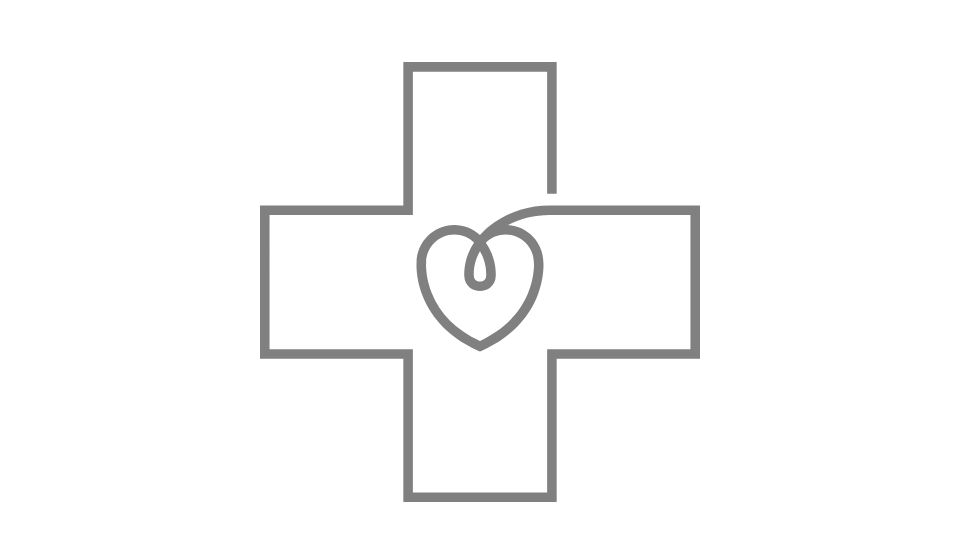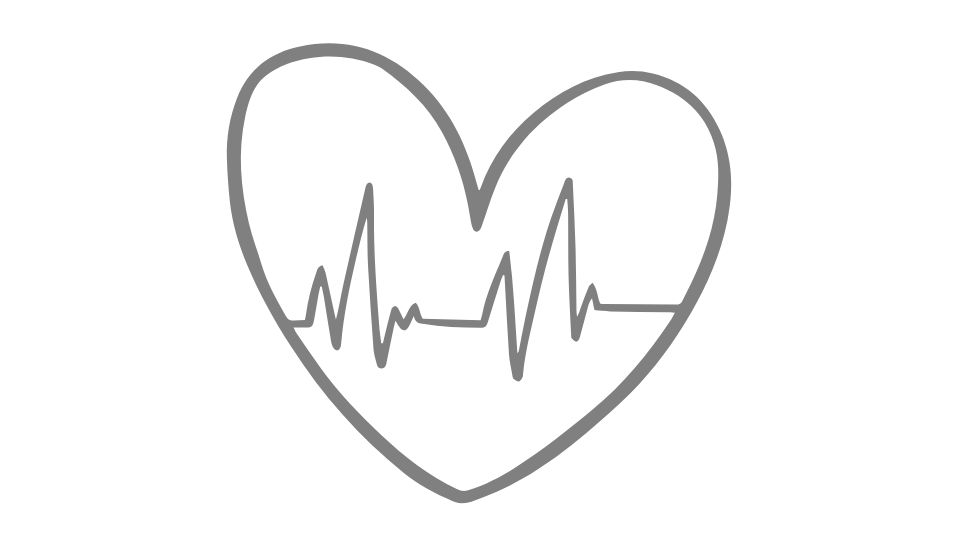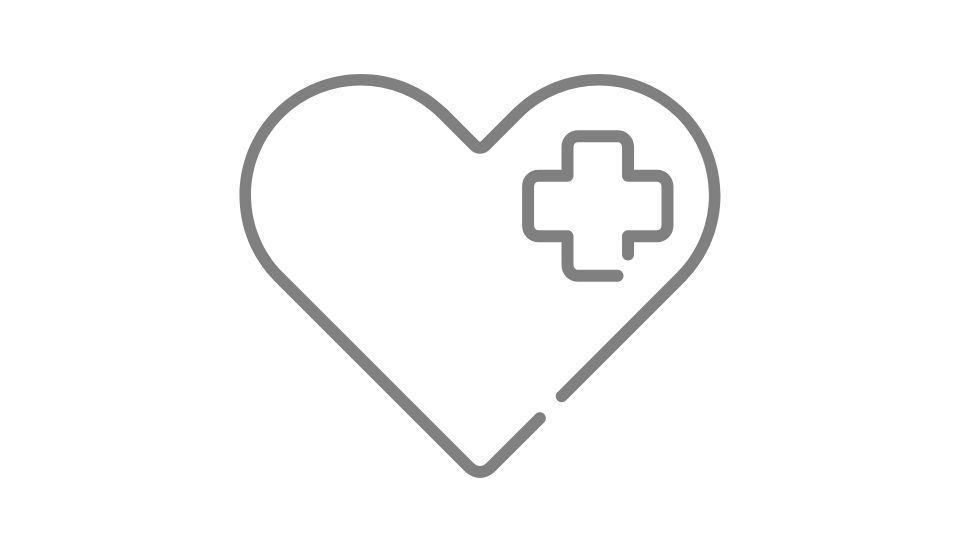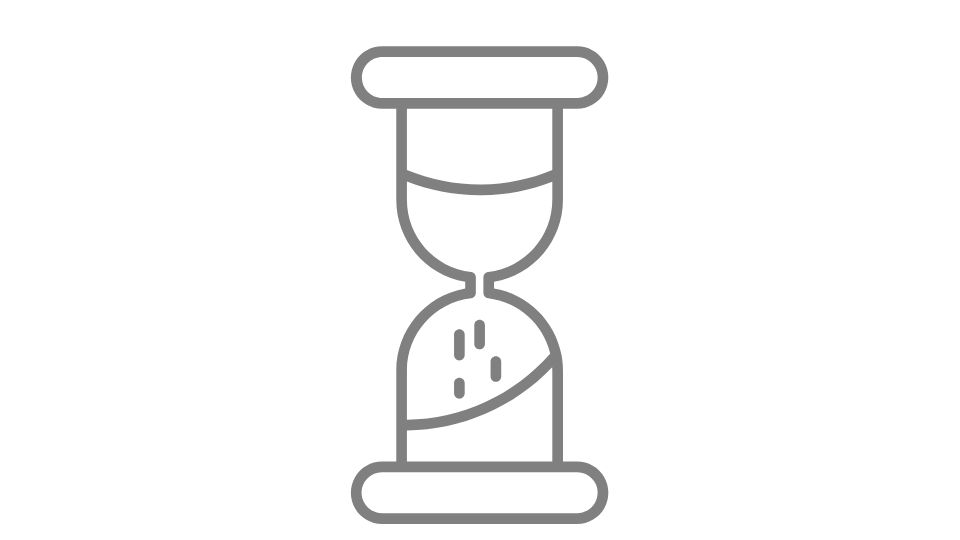Don’t Miss These Key Sessions at the Health Equity Conference

Health equity conferences have become ground zero for healthcare professionals to learn, network, and push for real change in our broken system.
If you’re reading this, you probably know that the US spends more on healthcare than any other country but we’re still dealing with massive health disparities based on race, income, and location. 🤦♂️
Health equity conferences are one way professionals are trying to fix this mess. They bring together doctors, researchers, policy makers, and community leaders to figure out how to make healthcare work for everyone—not just the wealthy and well-connected.
Let’s dive into what these conferences actually do, who attends them, and whether they’re worth your time.
What Actually Happens at Health Equity Conferences
Health equity conferences aren’t just boring lectures where you fall asleep in the back row. When done right, they’re dynamic events that combine learning, networking, and actual planning for change.
Expert Panels That Actually Know Their Stuff

The best conferences feature speakers who are in the trenches every day. At events like the NCODA Health Equity Summit, you’ll hear from doctors working in underserved communities, researchers tracking health disparities, and advocates fighting for better policies.
What I love is when conferences include patient voices too. Because let’s be honest—all the PhDs in the world can’t replace the perspective of someone who’s actually navigated our healthcare system as a marginalized person.
Interactive Workshops (Not Just Powerpoints)
Nobody wants to sit through 8 hours of slides. The good conferences, like the UVM Health Equity Summit, include hands-on workshops where you:
- Design community engagement programs
- Role-play difficult conversations about bias
- Map out health resource gaps in specific communities
- Practice using equity assessment tools
These sessions are where the real learning happens. You’re not just hearing about solutions—you’re building them.
Policy Deep-Dives
Health equity doesn’t happen without policy change. That’s why conferences often include sessions on:
- Recent legislative changes affecting healthcare access
- How to effectively advocate for better policies
- Practical ways to implement federal guidelines
The CMS Health Equity Conference is particularly good for this, since it comes straight from the federal government and gives you the inside track on upcoming changes.
Data-Driven Solutions (Because Feelings Aren’t Enough)

The best conferences balance heart and data. At events like the Encoding Equity Summit, you’ll learn about:
- Using predictive analytics to identify at-risk populations
- Auditing algorithms for hidden bias
- Creating dashboards that track equity metrics
Because while stories are powerful, numbers make decision-makers listen. 📊
Who Actually Shows Up to These Things?
Health equity conferences aren’t just for one type of professional. They bring together a wild mix of people:
- Healthcare Providers: Doctors, nurses, pharmacists trying to provide better care
- Hospital Administrators: The suits who control the budgets (we need them!)
- Public Health Workers: The prevention specialists focused on community-wide solutions
- Community Organizers: Grassroots leaders who know what’s really happening on the ground
- Researchers: The data folks who measure what works
- Policy Makers: People with the power to change the rules
This diverse mix is exactly what makes these conferences valuable. Where else can a community clinic doctor directly challenge an insurance executive? Or a researcher present findings directly to the people who can implement them?
Notable Conference Examples
NCODA Health Equity Summit
Focuses on medication access issues and cultural competence in pharmacy care. Great if you work in oncology or specialty pharmacy.
Accelerating Health Equity Conference
This is the big one—over 1,000 leaders from across healthcare. As they put it: “Join us to imagine better ways to address health inequities, brainstorm innovative tactics, and amplify voices across the field.”
UVM Health Equity Summit
More intimate regional conference with a focus on storytelling and root causes. Good for deep, uncomfortable conversations about systemic issues.
Encoding Equity Summit
Super specific focus on clinical algorithms and how they can perpetuate racial bias. If you work with medical guidelines or clinical decision support, this is your jam.
What You’ll Actually Learn

Beyond the networking and free conference swag (who doesn’t love another tote bag? 👜), here’s what you can expect to take away:
Practical Equity Strategies
The best sessions give you tools you can implement immediately:
- Scripts for discussing social needs with patients
- Workflows for connecting patients to community resources
- Methods for collecting and using demographic data effectively
- Techniques for building trust with marginalized communities
Understanding of Root Causes
Good conferences don’t just focus on band-aid solutions. They dig into the systemic issues behind health disparities:
- Historical policies that created segregated healthcare
- Economic factors driving health outcomes
- Environmental justice issues
- Structural racism in medical education and practice
Renewed Energy
Let’s be real—fighting for health equity is exhausting work. These conferences can recharge your batteries by connecting you with others who share your values and frustrations.
How to Get Your Money’s Worth
Conference tickets aren’t cheap, and neither is travel. Here’s how to make sure it’s worth it:
- Do your homework – Review the agenda before registering and identify specific sessions that align with your goals.
- Bring a team – If possible, attend with colleagues so you can divide and conquer the sessions.
- Network aggressively – The connections you make in the hallways are often more valuable than the formal sessions.
- Have an implementation plan – Before you go, know exactly how you’ll share what you learn with your organization.
- Follow up – The conference is just the beginning. Exchange contact info and actually use it.
Health equity conferences can be powerful catalysts for change—or expensive vacations where nothing happens afterward. The difference is in how you approach them.
The best conferences leave you with both inspiration and practical tools. Because we don’t need more people who are just aware of health disparities—we need people equipped to eliminate them.
And if you’re still wondering if you should attend one? The answer is probably yes. Because health equity isn’t just a nice idea—it’s essential for quality healthcare. And that affects every single one of us. 🌎
